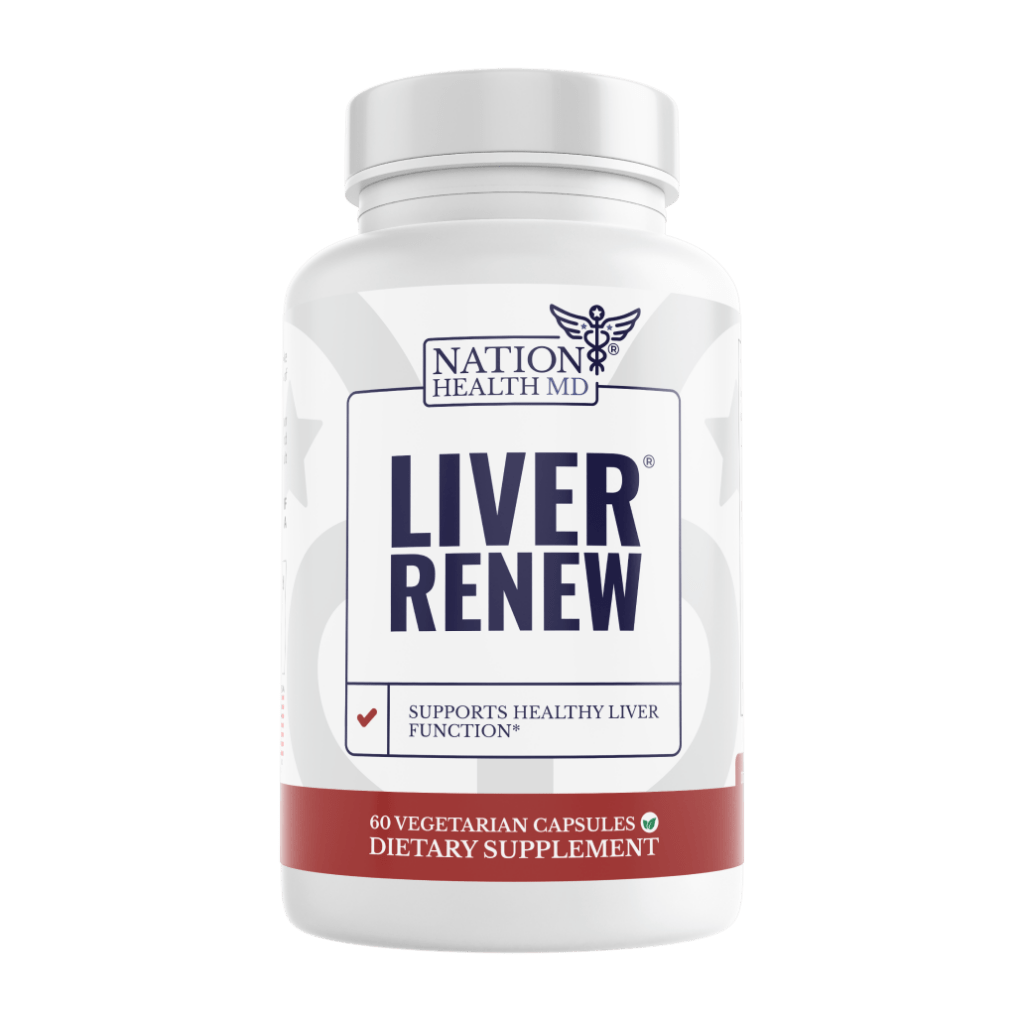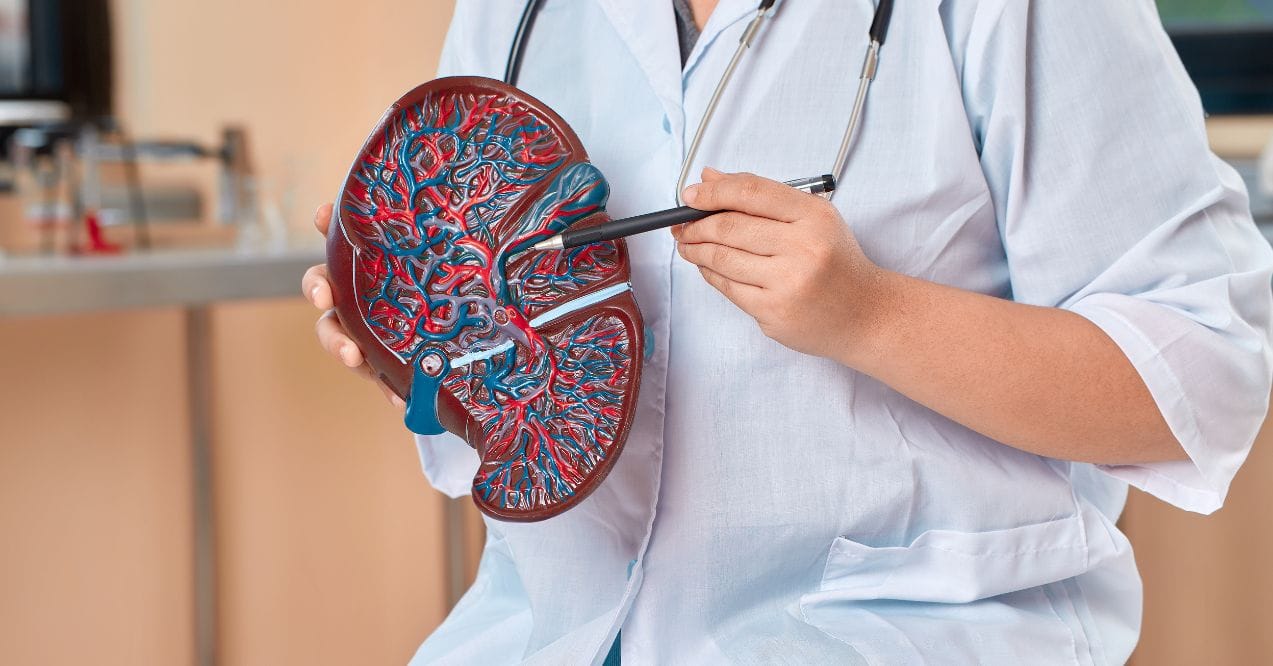What Disqualifies You From a Liver Transplant?
Medically reviewed by our experts


What disqualifies you from a liver transplant involves various medical and lifestyle factors that medical teams carefully evaluate. Liver transplantation serves as a vital option for individuals with severe liver conditions, but the eligibility process requires meeting specific criteria to ensure the best possible outcomes.
The evaluation process involves multiple healthcare specialists who work together to determine if this complex procedure offers the best chance for survival and quality of life improvement.
Understanding Liver Transplant Eligibility
The liver transplant criteria follow strict guidelines to identify suitable candidates. This comprehensive evaluation process takes into account not only the current state of liver disease but also the person’s overall health status and ability to thrive after the procedure. Medical teams conduct thorough assessments that often take several weeks or months to complete.
The assessment process includes extensive medical testing, psychological evaluation, and social support assessment. Each factor plays a vital role in determining whether someone qualifies for this life-changing procedure. The liver transplant requirements typically include:
- Being under 65 years old without additional serious illnesses
- Having adequate heart and lung function
- Maintaining a stable weight within a healthy range
- Being free from active infections
- Having a strong support system of family or friends
These requirements exist because liver transplantation demands significant physical and emotional resources from both the recipient and their support network. A thorough evaluation helps determine if someone meets the criteria for liver transplant. This process includes blood tests, imaging studies, and consultations with various specialists to assess overall health status.
The evaluation team also considers factors such as the ability to follow complex medical regimens and maintain regular follow-up appointments. Financial readiness also plays a role, as post-transplant care requires long-term commitment to medications and medical supervision.
Medical Conditions That May Disqualify You

Several medical conditions can affect liver transplant eligibility. The presence of certain health issues may significantly reduce the chances of transplant success or make the risks outweigh potential benefits. These include:
- Advanced heart or lung disease
- Active, uncontrolled infections
- Certain types of cancer, particularly bile duct cancer
- Portal vein thrombosis
- Severe kidney dysfunction
- Autoimmune conditions
- Uncontrolled high blood pressure in the lungs
The presence of multiple organ failure or irreversible brain damage also impacts candidacy. These conditions significantly affect the body’s ability to recover from such a major surgical procedure. Each condition requires careful evaluation, as its severity and potential for management can influence the final decision.
Some medical conditions may require treatment or stabilization before transplant consideration. For example, some infections may need to be cleared, or certain health parameters might need to be brought under control. The transplant team works closely with specialists to determine if these conditions can be managed effectively.
Behavioral and Lifestyle Factors Affecting Eligibility

Lifestyle choices play a significant role in determining transplant candidacy. The evaluation team carefully assesses past behaviors and current lifestyle practices to ensure the best possible outcomes. Key factors include:
- Current alcohol or substance use
- Smoking habits
- History of not following medical guidance
- Limited social support system
- Inability to manage post-transplant care
The evaluation team looks at these factors because they directly impact post-transplant success rates. Candidates must show a commitment to maintaining a healthy lifestyle and following medical recommendations. This commitment often requires significant lifestyle modifications and the development of new health management skills.
Social support plays a crucial role in post-transplant success. Candidates need reliable caregivers who can assist with transportation to appointments, medication management, and daily activities during the recovery period. The transplant team assesses the strength and availability of the support network as part of the evaluation process.
Holistic Techniques for Liver Support

A comprehensive approach to liver care can help maintain quality of life and manage symptoms effectively:
- Following a balanced nutrition plan
- Engaging in gentle physical activity as tolerated
- Working with healthcare providers to manage symptoms
- Participating in support groups
- Trying holistic herbal approaches when appropriate
These holistic options focus on maintaining current liver function potentially preventing further decline. Working with healthcare providers to develop an individualized care plan can help optimize health outcomes. Regular monitoring and adjustment of treatment strategies ensure the best possible management of liver health.
Supportive Supplements for Liver Health
Natural supplements can play a role in supporting liver function. Liver Renew, recommended by Lisa King, RPh, contains nine evidence-backed ingredients that work together to support liver health. This specialized formula supports over 500 cellular functions that the liver performs daily.
Key liver support ingredients include:
Milk Thistle – Contains silymarin that helps shield liver cells. This natural compound supports the production of proteins in liver cells and assists in the body’s antioxidant production.
Turmeric – Supports healthy liver enzyme function and assists in natural detoxification processes. Research indicates its effectiveness in supporting free radical defense and maintaining healthy immune functions.
Artichoke – Supports optimal liver enzyme function.
This specialized formula includes additional beneficial ingredients like dandelion, beetroot, and ginger, working together to support the liver’s natural processes. The combination of these natural ingredients helps optimize liver health and supports natural energy production.
Conclusion
So, what disqualifies you from a liver transplant? Meeting liver transplant eligibility requirements involves numerous medical and lifestyle considerations. While not everyone qualifies for a transplant, various options exist to support liver health. A combination of medical guidance, lifestyle modifications, and appropriate supplementation could help maintain liver function.
Working closely with healthcare providers helps determine the most suitable approach for individual circumstances. Whether pursuing transplantation or exploring alternative options, maintaining open communication with medical teams and following recommended guidelines offers the best path forward for managing liver health.
Most transplant centers consider applicants under 65 who demonstrate good overall health. However, each case receives individual evaluation based on multiple factors including physical condition and support system availability.
The state of liver function varies for each person. Lifestyle modifications and proper care can support liver health at any stage. Working with qualified healthcare providers helps determine appropriate options for individual situations.
The optimal timing depends on individual health factors rather than age alone. Adults between 18-60 typically show favorable outcomes when they maintain good overall health and follow recommended guidelines.
Professional, C. C. M. (2024). Liver transplantation. Cleveland Clinic.
Lai, J. C. (2016). Defining the threshold for too sick for transplant. Current Opinion in Organ Transplantation, 21(2), 127–132.
Wu, W., Et Al. (2023). Associations of unhealthy lifestyle and nonalcoholic fatty liver disease with cardiovascular healthy outcomes. Journal of the American Heart Association, 12(23).
Jamioł-Milc, D., Et Al. (2023). Nutritional support for liver diseases. Nutrients, 15(16), 3640.
Mancak, M. (2023). Evidence-based herbal treatments in liver diseases. Hepatology Forum/Hepatology Forum (Online), 50–60.
Latief, U., & Ahmad, R. (2018). Herbal remedies for liver fibrosis: A review on the mode of action of fifty herbs. Journal of Traditional and Complementary Medicine, 8(3), 352–360.
Farzaei, M. , Et Al. (2018). Curcumin in liver Diseases: A systematic review of the cellular mechanisms of oxidative stress and clinical perspective. Nutrients.
Kamel, A. M., & Farag, M. A. (2022). Therapeutic Potential of Artichoke in the Treatment of Fatty liver: A Systematic Review and Meta-Analysis. Journal of Medicinal Food.
Popular Articles
Advertisement. This site offers health, wellness, fitness and nutritional information and is designed for educational purposes only. You should not rely on this information as a substitute for, nor does it replace, professional medical advice, diagnosis, or treatment. If you have any concerns or questions about your health, you should always consult with a physician or other health-care professional. Do not disregard, avoid or delay obtaining medical or health related advice from your health-care professional because of something you may have read on this site. The use of any information provided on this site is solely at your own risk.













